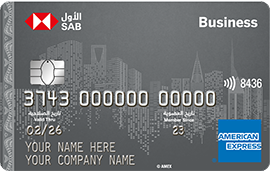
Email phishing is when a fraudster attempts to trick you into doing things, often handing over passwords or verification codes, through an email that may initially seem legitimate. Always be cautious when you see emails from recipients you don't recognize.
How to spot a phishing email
How to protect yourself from a phishing email
How to protect yourself from an SMS scam
Therefore, if you do receive any suspicious looking e-mails or messages, which appears to come from us, it is highly likely that this is fraudulent, and must not be responded to. Instead, please call us immediately on 800 124 2229 (in the Kingdom) or +966 11 292 6666 (from overseas) to report the incident, and delete the suspicious e-mail or message without responding to it.

Fraudsters may create a fake website that appears legitimate to attempt to trick you into entering your personal information such as your password or PIN.
How to check if it's a legitimate website
How to protect yourself from a website scam

Fraudsters may call you pretending to be from American Express. This can also be done via 'spoofing', where a fraudster presents their number as ours. They will often ask for personal information such as your account details or a verification code (something we would never, ever do).
How to spot a phone scam
How to protect yourself from a phone scam
How to check if it's American Express calling you

 المملكة العربية السعودية
المملكة العربية السعودية 


